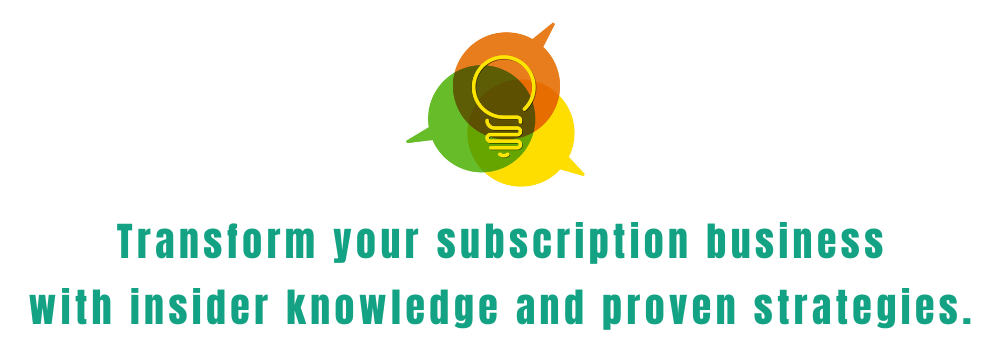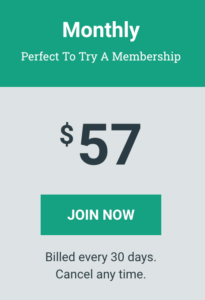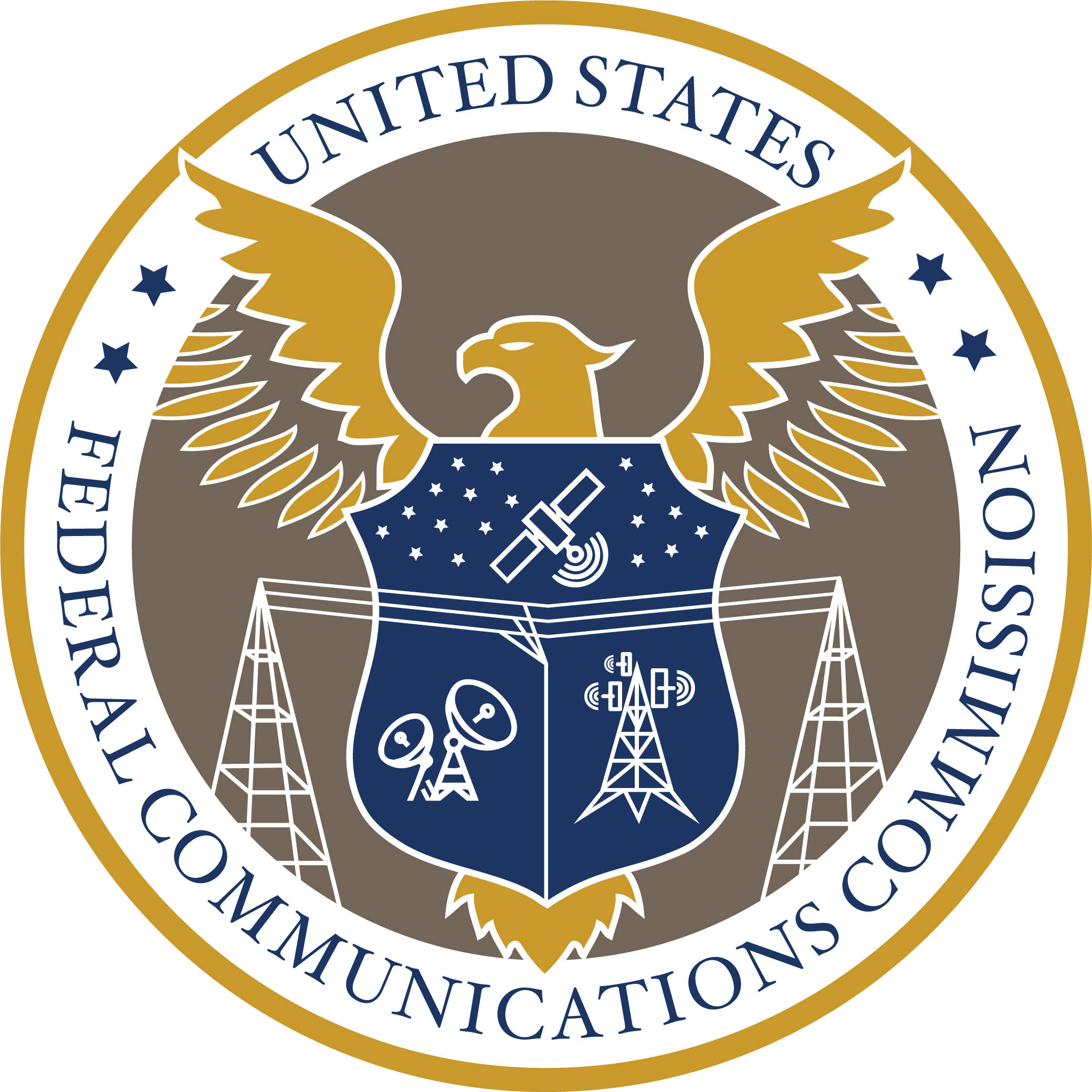
Five on Friday: Ad Blocking, Lead Generation and Customer Testimonials
Source: Bigstock
In this week's Five on Friday, we'll share PageFair's 2017 adblocking report, MarketingProfs' top tips for creating successful lead generation landing pages, legal ways to use customer testimonials, how to keep the trust of your customers, and last but not least, Digiday explains how Brexit's unexpected election news has helped The Spectator triple its daily subscriber sales. PageFair releases 2017 ad blocking report
Source: PageFair
Consumers use ad blockers to slow ...
HELLO!
This premium article is exclusively reserved for Subscription Insider PRO members.
Want access to premium member-only content like this article? Plus, conference discounts and other benefits? We deliver the information you need, for improved decision-making, skills, and subscription business profitability. Check out these membership options!
Learn more about Subscription Insider PRO memberships!
Already a Subscription Insider PRO Member?
Please Log-In Here!









